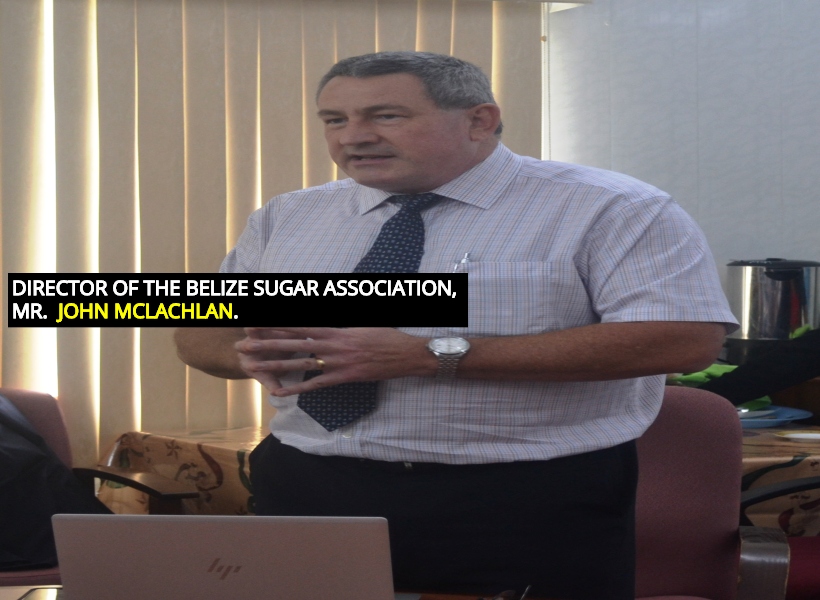Unless sugar is taken serious at the political level nothing will happen. This is the assertion of Minister of Agriculture, Noel Holder. In fact the importance of sugar industries to CARICOM countries’ development was underscored by representatives of the Sugar Association of the Caribbean this morning, as a two-member team held dialogue with government officials in the main boardroom of the Agriculture Ministry.
The team which was led by Director of the Sugar Association of the Caribbean for Belize, Mr. John McLachlan, presented a report titled, “CSME market for white sugar: the need for regional integration and reform.” The presentation which was delivered to Board of Directors of the Guyana Sugar Corporation (GuySuCo), and representatives of the Ministries of Foreign Affairs and Agriculture respectively, addressed a number of key areas which needed to be fine-tuned at the governmental levels, if sugar is to remain viable.
Thus far, only four CARICOM countries namely, Jamaica, Belize, Barbados and Guyana still has an active sugar industry.
During his presentation, McLachlan spoke of the work being undertaken by the Association in an attempt to correct market imbalances which currently exists. He added that for sugar to remain competitive, there is need for strong regional integration and reform of sugar industries.
Moreover McLachlan said, “It is a critical time for sugar in CARICOM region…..there remain significant challenges confronting the industry, which in our view can become viable, if the necessary issues are addressed at the political level, so that sugar production can find a place in the market.”
Of main importance, SAC has suggested to CARICOM that the Common External Tariffs be re-looked at and amended to impose a 40 percent tax on beet-sugar coming into the CARIOM market. The aim is to have Caribbean sugar sold in Caribbean markets.
Among the issues highlighted, the global market challenges, EU market changes, traditional reliance on the EU, alternative markets for CARCIOM and impacts on sugar production and industrial producers were discussed.
Global demand for sugar increases two percent annually fueled by population growth, however, it continues to fall in the EU.
According to SAC Director for Belize, total production currently exceeds demands in the region – something which needs to be urgently addressed. He said that while the association has been doing much in terms of research, the reality is sugar production will remain low unless governments intervene with significant financial support.













